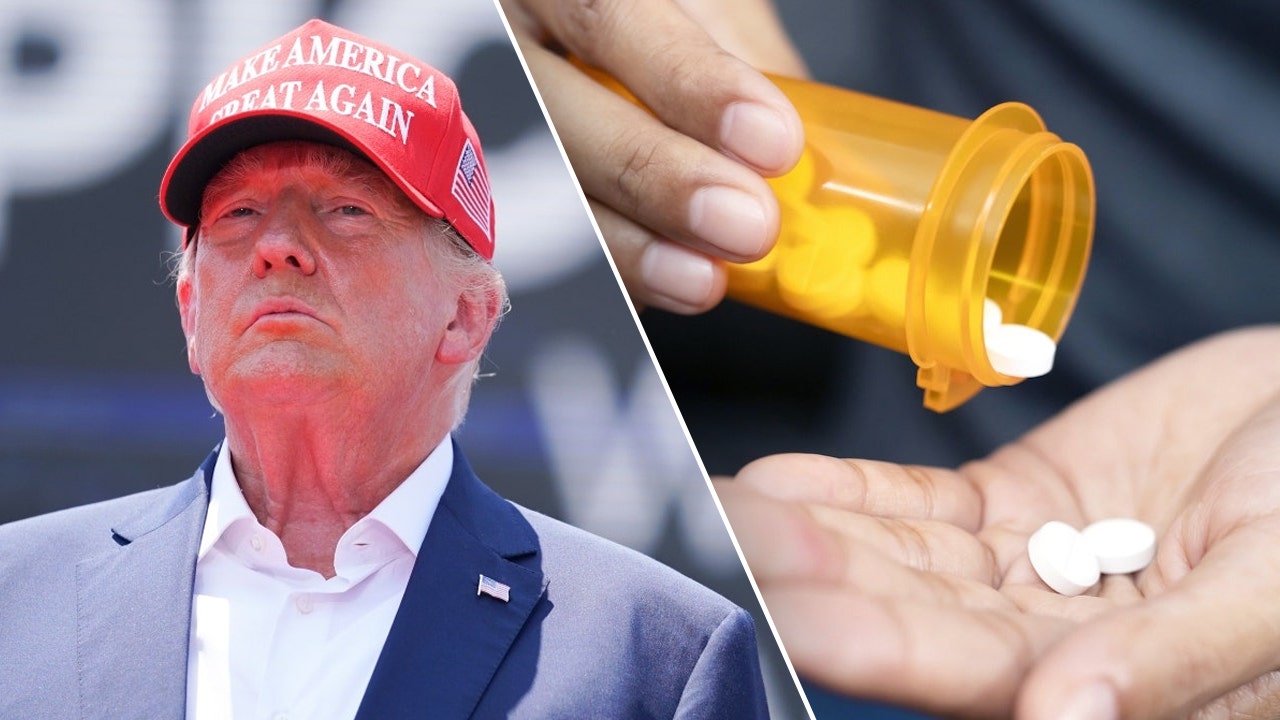Experts weigh in on how Trump’s tariffs might impact healthcare costs

President Donald Trump’s tariffs on China have sparked concerns about their potential impact on healthcare costs. However, experts believe that while the tariffs could have a significant effect on the industry, the overall impact may not be as devastating as some fear.
A recent survey conducted by Black Book Research revealed that 84% of healthcare consumers anticipate higher costs for medical treatments and drugs as a result of the new tariffs. Despite these concerns, health policy expert Chris Pope emphasized that healthcare is not a highly tradable sector. He explained that the majority of healthcare services, such as physician services and hospitals, are provided domestically, minimizing the direct impact of tariffs on these areas.
On the other hand, pharmaceutical drugs and medical devices, which rely on international trade relations, may be more susceptible to price fluctuations due to tariffs. However, the magnitude of the tariffs will ultimately determine the extent of their impact on these sectors.
Economist Christine McDaniel noted that drug prices are among the most vulnerable aspects of the healthcare system, citing the U.S.’ reliance on China for essential precursor chemicals used in medication production. While generic drugs may be affected by tariffs, branded drugs driven by demand rather than supply are less likely to see significant price increases.
Immunologist Monica de Bolle painted a more pessimistic picture, warning that a wide range of medications, including over-the-counter drugs and psychiatric medications, could see price hikes as a result of the tariffs. She highlighted the U.S.’ dependence on China for active drug ingredients as a key factor in potential cost increases.
Disruptions in the supply chain for medical devices could also lead to rising healthcare costs, although the impact may vary depending on the specific device and the extent of the tariffs. Experts emphasized that the supply chain for medical devices is more complex than that of drugs, making it challenging to predict the overall impact of tariffs on this sector.
Despite the uncertainties surrounding Trump’s tariffs on China, experts noted that discussions about reducing the U.S.’ dependency on Chinese healthcare products have been ongoing for some time. Lawmakers have expressed concerns about national security risks associated with relying on Chinese-manufactured drugs, particularly antibiotics. Companies have been preparing for potential tariffs as geopolitical tensions escalate, suggesting that the healthcare industry is already adapting to the shifting trade landscape.
In conclusion, while Trump’s tariffs on China may lead to increased healthcare costs, the overall impact may not be as catastrophic as some anticipate. The healthcare industry is resilient and adaptable, and stakeholders are exploring strategies to mitigate the potential effects of tariffs on drug prices and medical device supply chains. By addressing these challenges proactively, the healthcare sector can navigate the uncertainties of trade policy and continue to provide essential services to patients.




